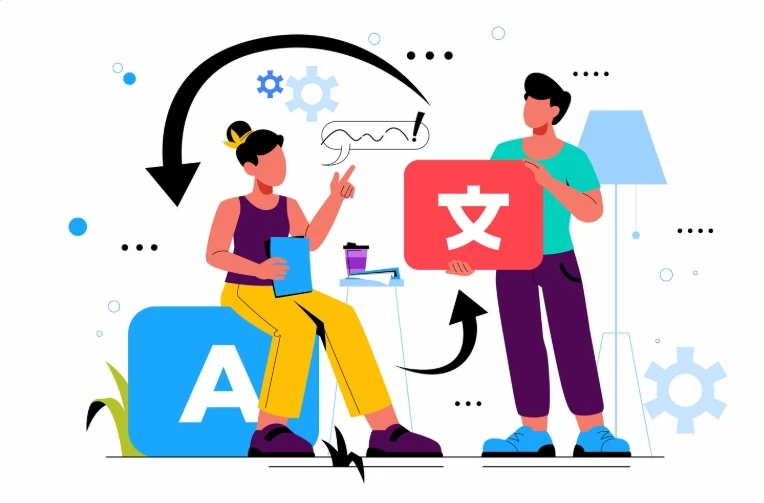When you first hear technical translation, it probably sounds a bit heavy. Complicated, maybe. But really, it’s just about translating documents that use technical, scientific or very industry-specific wording. These are not the kind of texts you can just throw into Google Translate. A small mistake can flip the meaning completely. That’s why more and more companies go to professional translation services, so they know the final text is right, reliable, and won’t cause problems later.
What Do We Mean by Technical Translation?
So, what do we mean exactly? Well, technical translation isn’t the same as everyday translation. It’s a bit stricter. It deals with manuals, product guides, research articles, patents, things like that. Texts written by people who are experts in their field, not just casual writers.
The problem is, those texts are full of special words. If you use the wrong one—even slightly—it could create confusion, legal trouble, or worse, safety risks. That’s why technical translation services are not done by just “any” bilingual person. The translator needs to know the subject as well as the language. Like in medicine: if you don’t understand the medical terms, the translation will not work, no matter how good your grammar is.

Why Businesses Need Technical Translation Services
For companies in engineering, science or healthcare, clear communication is everything. It’s not just “nice to have,” it’s critical. Imagine you send out a technical manual to a new market, and the translation is off. Suddenly, your team misuses the product or your customers can’t follow instructions. That means complaints, wasted time, maybe even danger.
This is why professional translation services make a huge difference. They don’t just switch words around. They adjust the meaning, so the translated version is understood the same way as the original. That protects your reputation, saves money, and helps keep you in line with the rules.
How Technical Translation Usually Works
Most agencies that provide technical translation services don’t just hand the job to any translator and call it a day. There’s usually a set process. Something like:
- Collecting the original documents.
- Giving them to a translator who knows the subject.
- Comparing the finished translation with the source.
- Doing a last check for errors, missing terms, or layout issues.
This back-and-forth makes sure the final document is solid and clear. Software tools can’t do that properly. Human review catches details that machines miss.
Key Qualities of a Good Technical Translator
Not every translator can handle technical content. The good ones should:
- Really understand the subject.
- Use the right technical words in both languages.
- Follow the right style or format for the industry.
- Keep the translation exact, but still easy enough to read.
Put all this together, and the result is a text that reads smoothly but doesn’t lose the original meaning.
Why Technical Translation Matters More Than Ever
Businesses today are more global than ever. And that means the need for technical translation keeps growing. A pharma company running clinical trials abroad, or a tech company launching in another market—both of them rely on accurate translation. Without it, the work could stall or fail.
At the end of the day, technical translation is not about fancy words or “perfect” grammar. It’s about making sure important information is passed on clearly and understood in the right way.
Final Note
If your company works with technical, medical, or scientific documents, you really shouldn’t risk it. Experts are the safer route. For trusted technical translation services, Peak Translations is a strong choice. Their team has the knowledge to handle complex material carefully and deliver results businesses can rely on, without the headache of misunderstandings.
Related Blog: What is Technical Translations Really About?



